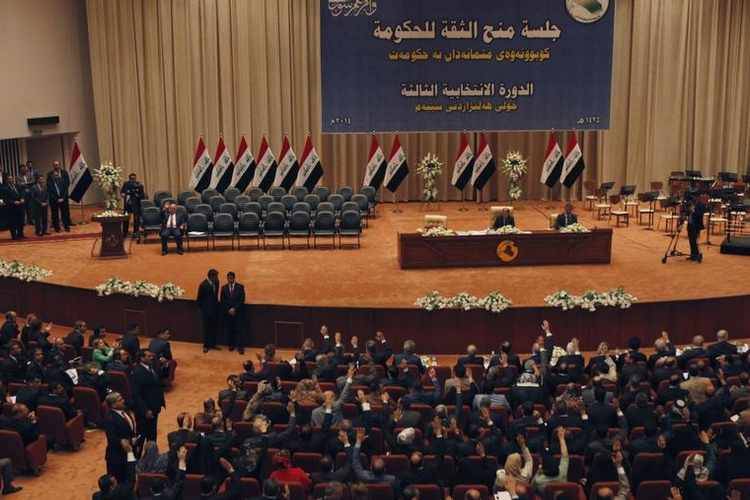Baghdad (Reuters) - Iraq’s parliament voted on Tuesday to reject a referendum on Kurdish independence planned for Sept. 25, authorizing the prime minister to “take all measures” to preserve Iraq’s unity, lawmakers said.
Kurdish lawmakers walked out of the session before the vote and issued statements afterwards rejecting the decision.
Western powers fear a plebiscite in Iraq’s semi-autonomous Kurdish region - including the oil city of Kirkuk - could ignite conflict with the central government in Baghdad and divert attention from the war against Islamic State militants.
“This referendum lacks a constitutional basis and thus it is considered unconstitutional,” the resolution said, without specifying which measures the central government should take.
“Kurdish lawmakers walked out of the session but the decision to reject the referendum was passed by a majority,” Mohammed al-Karbouli, a Sunni Muslim lawmaker, said.
A senior Kurdish official dismissed the vote as non-binding though an Iraqi lawmaker said it would be published in the official gazette after approval from the Iraqi presidency.
“The Kurdish parliament will definitely have a response to the resolution when it convenes on Thursday,” said Hoshiyar Zebari, former Iraqi foreign and finance minister and now a senior adviser to Kurdistan Regional Government (KRG) President Massoud Barzani.
Barzani had said he wants to pursue independence though dialogue without provoking a conflict.
A Kurdish delegation met officials in Baghdad for a first round of talks in August concerning the referendum. An Iraqi delegation was expected to visit Erbil in early September for a second round of talks, but the visit has yet to happen with less than two weeks before the vote.
Turkey, along with Iraq, Iran and Syria, also opposes the idea of Iraqi Kurdish independence, fearing separatism could spread to their own Kurdish populations.
Kurds have sought an independent state since at least the end of World War One, when colonial powers divided up the Middle East and left Kurdish-populated territory split between modern-day Turkey, Iran, Iraq and Syria.


